News
-
 Health & Medicine
Health & MedicineBeing bilingual is great. But it may not boost some brain functions
A large study of U.S. bilingual children didn’t turn up obvious benefits in abilities to ignore distractions or switch quickly between tasks.
-
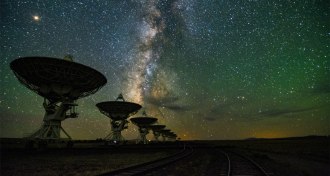 Physics
PhysicsBig black holes can settle in the outskirts of small galaxies
Astronomers have found dozens of surprisingly massive black holes far from the centers of their host dwarf galaxies.
-
 Health & Medicine
Health & MedicineFaulty cellular antennae may cause a heart valve disorder
Mitral valve prolapse might be caused by dysfunctional primary cilia meant to signal cells during development.
-
 Environment
EnvironmentEmissions of a banned ozone-destroying chemical have been traced to China
Since 2013, eastern China has increased its annual emissions of a banned chlorofluorocarbon by about 7,000 metric tons, a study finds.
-
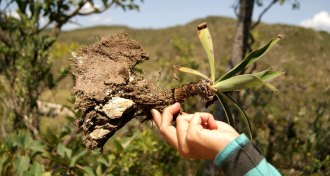 Plants
PlantsSome plants use hairy roots and acid to access nutrients in rock
Shrubs in mountainous areas of Brazil have specialized roots that secrete chemicals to extract phosphorus from rock.
By Yao-Hua Law -
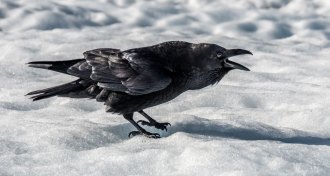 Animals
AnimalsBad moods could be contagious among ravens
Ravens may pick up and share their compatriots’ negativity, a study on the social intelligence of these animals suggests.
-
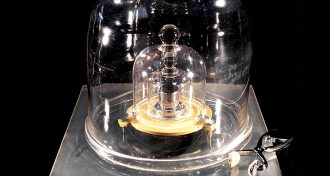 Physics
PhysicsThe kilogram just got a revamp. A unit of time might be next
After years of preparation, new definitions for the basic units of mass, temperature and more have now gone into effect.
-
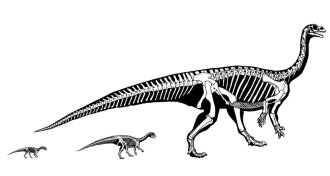 Paleontology
PaleontologyThis early sauropod went from walking on four legs to two as it grew
A new computer analysis shows how Mussaurus patagonicus' center of gravity changed as the dinosaur grew.
-
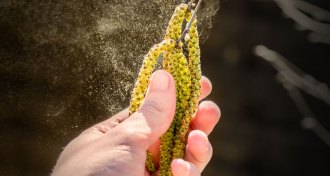 Health & Medicine
Health & MedicineHow allergens in pollen help plants do more than make you sneeze
A plant’s view of what humans call allergens in pollen grains involves a lot of crucial biology. And sex.
By Susan Milius -
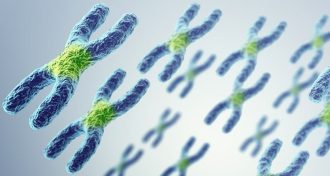 Genetics
GeneticsKey parts of a fruit fly’s genetic makeup have finally been decoded
Jumping genes may make it possible to divvy up chromosomes.
-
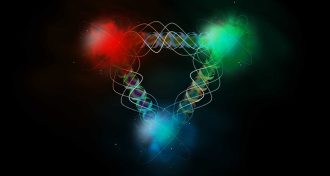 Quantum Physics
Quantum PhysicsAn experiment hints at quantum entanglement inside protons
Particles inside protons seem to be linked on a scale smaller than a trillionth of a millimeter.
-
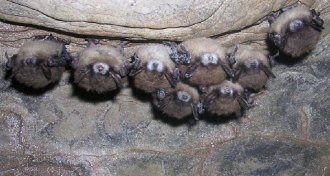 Animals
AnimalsVaccines may help bats fight white nose syndrome
Researchers are developing an oral vaccine that helps little brown bats survive the fungal disease white nose syndrome.